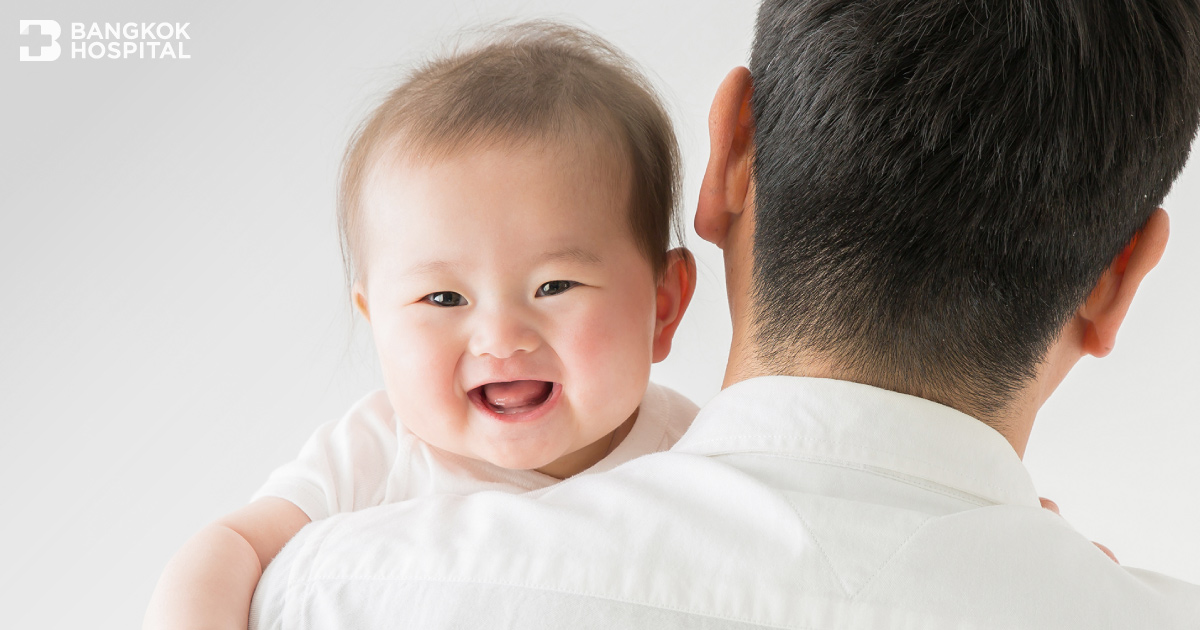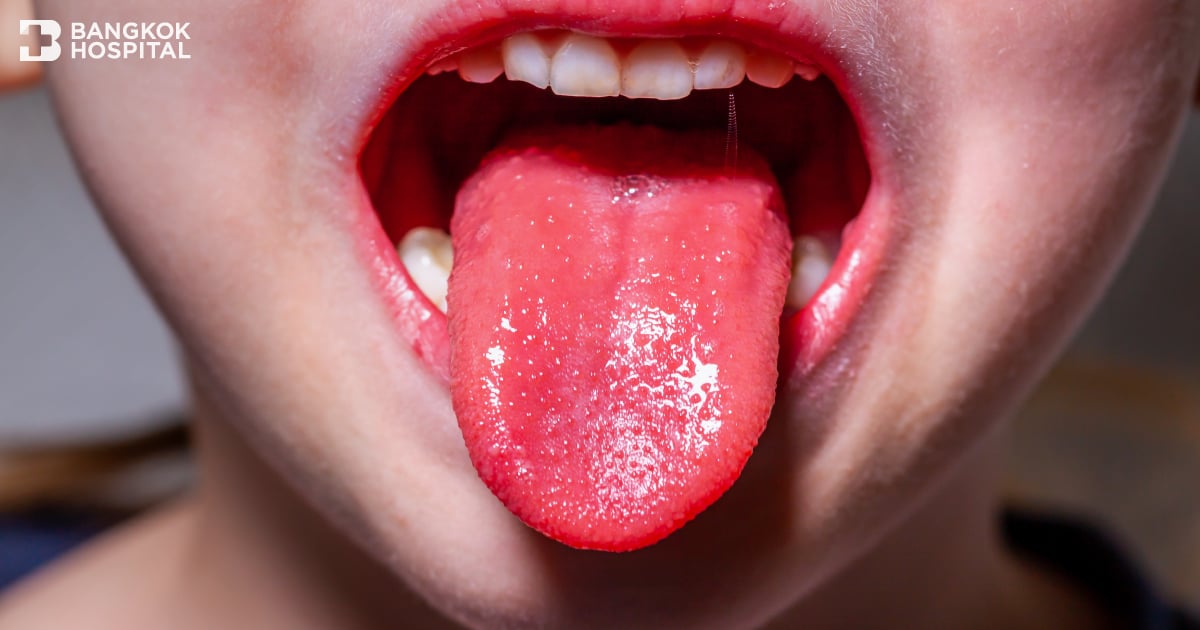Vaccination is a highly effective method for preventing certain infectious diseases in babies and children. Not only to boost immunity to reach the optimal level that acts efficiently against infections, but vaccination also helps reducing epidemic spread and disease severity that largely affect child development. To substantially strengthen the function of immune system, routine immunization programs in babies and children with strict schedules are essential
Routine vaccination schedule in infants
Particularly for infants age between 1-8 months, recommended vaccines include:
Age |
Recommended vaccines |
|
Newborn |
|
|
2 months |
|
|
4 months |
|
|
6 months |
|
|
7 months |
|
|
8 months |
|
*** After age of 8 months, other vaccines must be provided accordingly in order to consistently build up the immunity.
Observation after vaccination
Generally, basic vaccines are usually safe while serious adverse reactions are very uncommon. Nevertheless, allergic reactions after receiving the vaccination might occasionally happen, taking 30 minutes up to 2-3 days after vaccine administration. Allergic symptoms might include high fever, discomfort and continuous cry. If any abnormalities are indicated, immediate medical attention must be sought.
The routine vaccination programs are usually specified in the medical records of babies and parents will be well informed accordingly. Enhancing baby’s immunity to act efficiently against infections, it is highly advised that the immunization schedules must be strictly followed.






